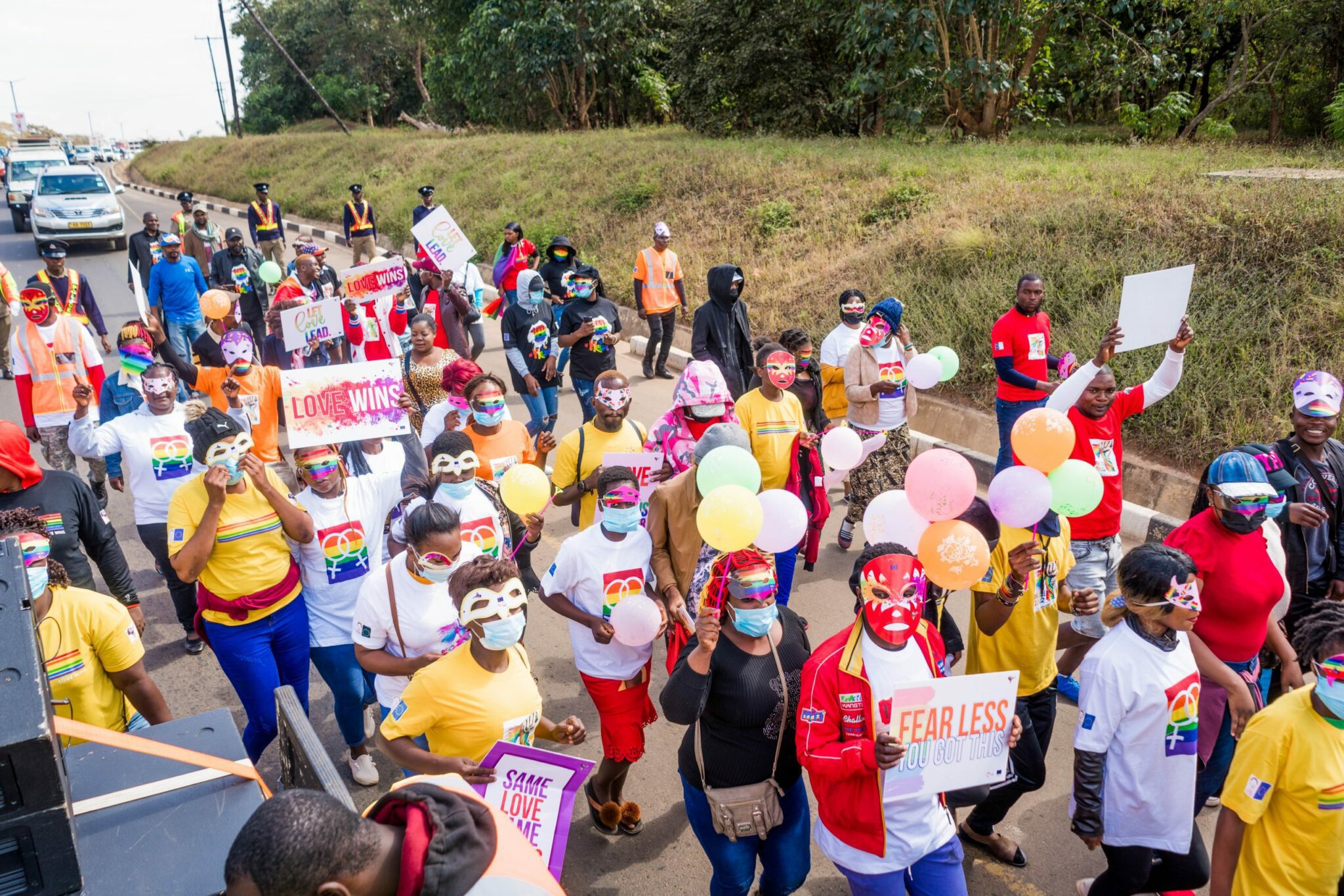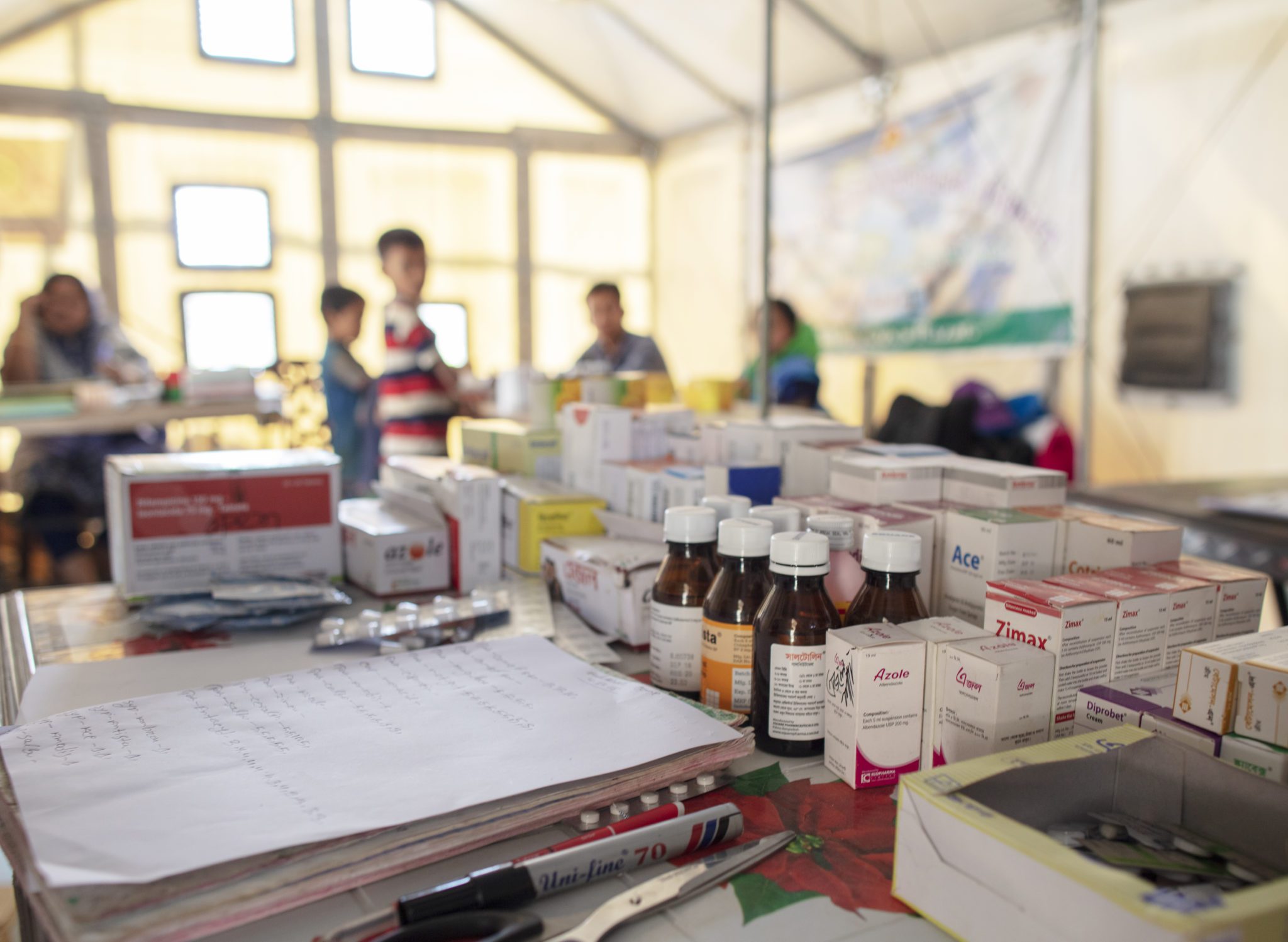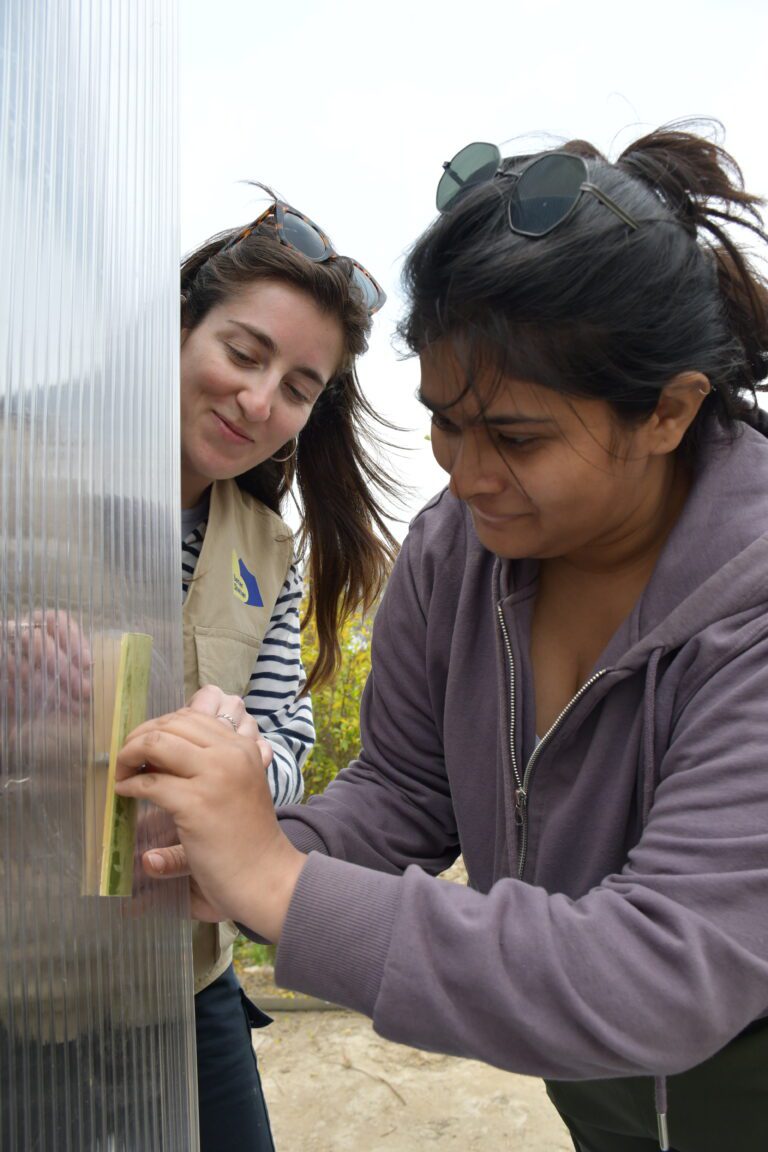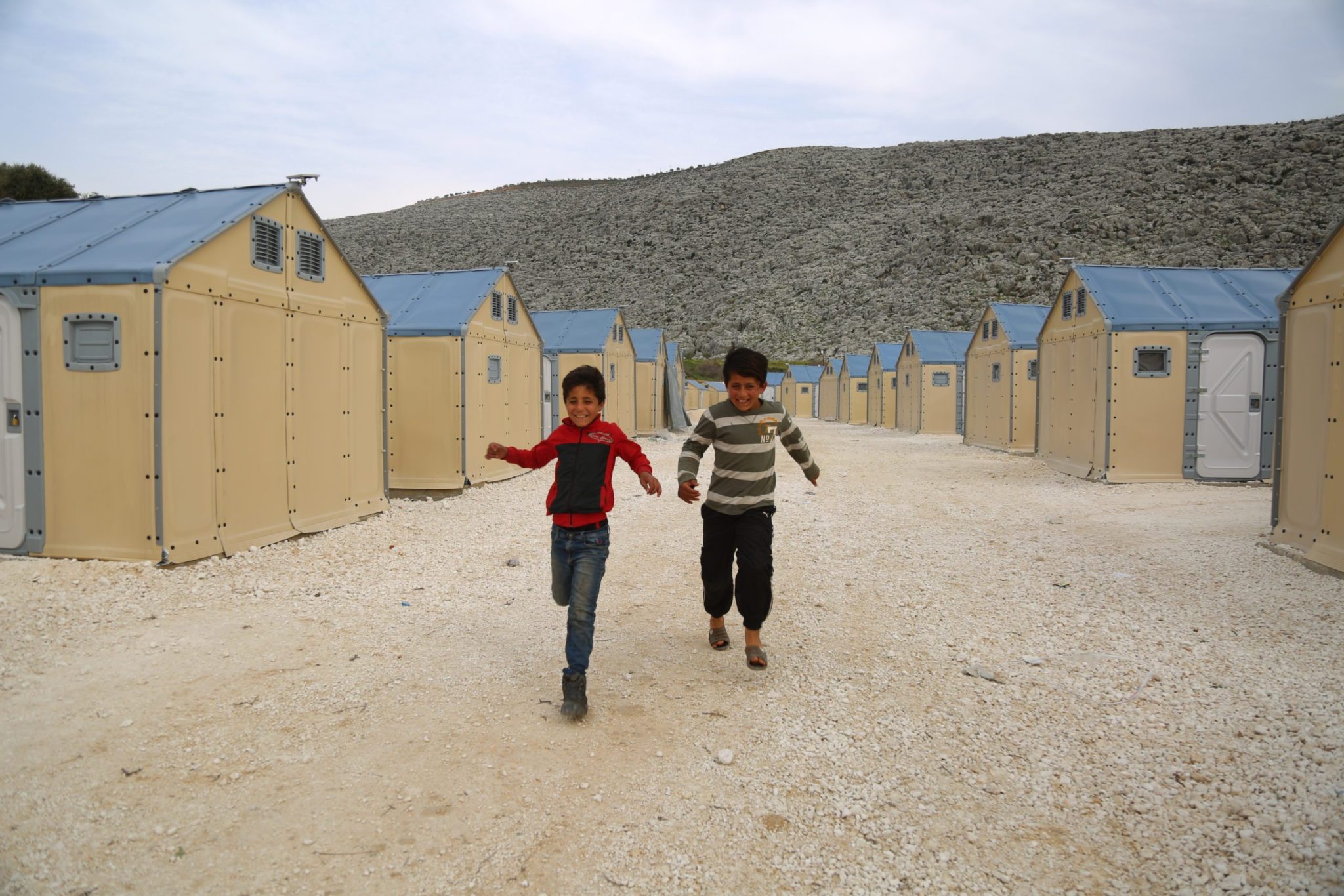Pride month has got a very different meaning to everyone, but to me it means visibility, it means self-acceptance, it means coming together in solidarity and being who you are
Eric Sambisa, 2nd Pride March in Malawi
Pride comes to life
For the LGBTIQ+ community in Malawi, the Pride Parade held in the capital city Lilongwe is a highlight of the year, even if the fledgling tradition has only celebrated two events since its establishment last year. In June 2021, many countries were loosening domestic restrictions as the COVID-19 vaccine mainstreamed, despite another peak in active cases from the brutal Delta variant.
All the more challenges to overcome for the Malawian LGBTIQ+ community, when they decided it was time to show out in numbers to organise the country’s first ever Pride Parade. Because of COVID-19, rainbow-printed and sequined masks were as plentiful in the crowds as Pride Flags, banners and placards exclaiming messages of LGBTIQ+ identity and allyship. But masks were not only worn for respiratory protection, but also to protect the identity of those in fear of being targeted.
In a country where same-sex activity is criminalised with sentencing of up to 14 years in prison, and where there is still open hostility towards non-heteronormative conformism from both state and society, the meaning of a Pride Parade in Malawi reverts to its original purpose of defiant resistance. Those who attended the parade are well aware of its real-life consequences, for better or worse, whether it means the exclusion or inclusion of vital state care; discriminiation or freedom of stigma; or for some, even life or death.
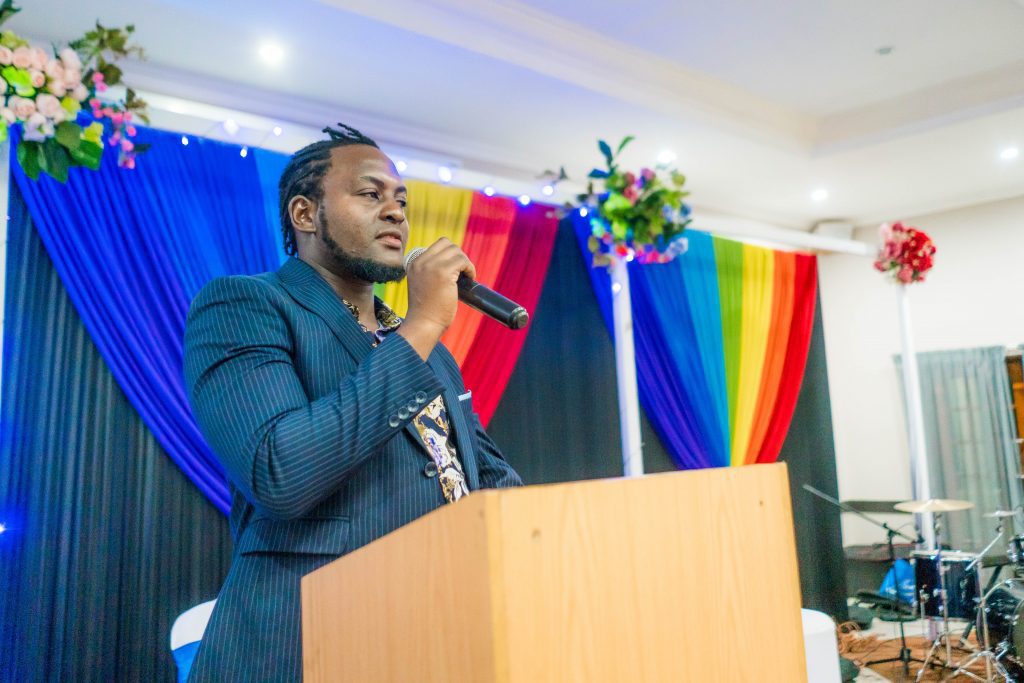
Activists take action
At the forefront of Pride are the activists who organise everyday to advance LGBTIQ+ rights, while preserving the few already codified, though rarely upheld in law. Eric Sambisa is one such activist, Co-Founder and Director of the NYASA Rainbow Alliance (NRA), whose years of advocacy paved the way for an event like Pride to become a reality. Sambisa, who neither identifies with a gender group, nor uses gendered pronouns, was the first person to come out on Malawian media, using the platform to criticise social attitudes towards the LGBTIQ+ community. Sambisa commented on their commitment to LGBTIQ+ activism,
I am committed to LGBTI activism work because am one of victims of people striving to survive in a conservative heteronormative environment like Malawi where LGBTIQ people are treated as second class citizens where the community is struggling to access basic amenities that every human being must have access.
Eric Sambisa
Change is needed, but starting from where?
Sambisa established the NRA in 2014 as a queer-led organisation to bring together diverse stakeholders for capacity building within the community, and to pressure the institutions holding back progress. Sambisa, the NRA and collaborators knew that Pride would amass national, if even international attention, so they used the opportunity to send a message to their President. On the day of Pride, organisers issued a petition to the government, demanding more rights and recognition of the LGBTIQ+ community. The route of the Parade itself was political: the petition was delivered to civic offices, strategically targeted between the start and end points of the march.
The state of LGBTIQ+ attitudes in Malawian society is a composite result of culture, religion, and colonial history. In the broader African context, Malawi is more progressive, but only in relative terms: less than 4,000 km north of Malawi is Somalia, where same-sex activity is punishible by death.
Africa indeed has the guidance to put needed protections in effect for LGBTIQ+ persons, with the recognition of Resolution 275 (Resolution on Protection against Violence and other Human Rights Violations against Persons on the basis of their real or imputed Sexual Orientation or Gender Identity) by the African Commission on Human and People’s Rights. Now that Malawi is one of the 47 sitting members the United Nations Human Rights Council, Sambisa wants the country to live up to the title:
There has been a discrepancy in the political will regarding issues to do with the LGBTIQ+ community. For instance, the previous regime was seen offering protection to the queer communities when they issued a moratorium to ban the arrest of Gays. However, the current government has challenged this provision by arresting a trans gender individual based on sodomy laws. As such I can attest that the political support is not stable.
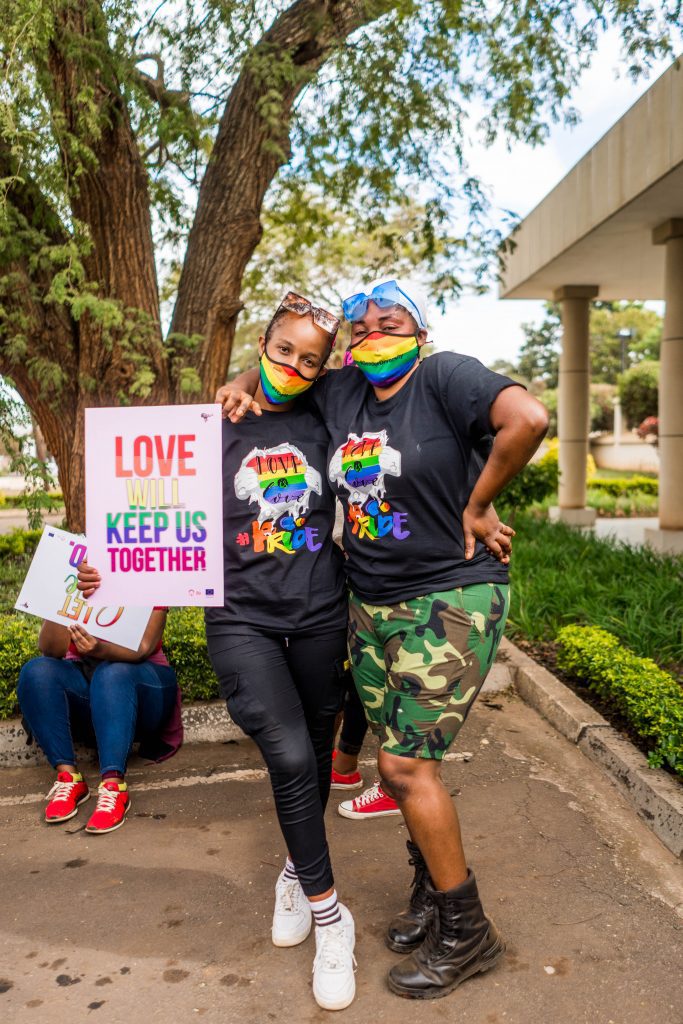
Now rescue missions are a top priority
More recently, emergency rescue services for those in the line of violence and harassment have become a core mandate for the NRA. The NRA manages the Emergency Fund under the Out and Proud Project co-funded by the European Union, acting on the objective to protect the most vulnerable members of the community with protection and essential services.
Of the NRA’s rescue efforts carried through by their Crisis Response Committee, Sambisa told us,
Among others, the committee helps in addressing the emerging cases of violence and discrimination of members of the LGBTIQ+ community with urgency, by providing relocation to safe accommodation areas, litigation, psychological counselling as well as medical care in cases of injuries
One of the most ambitious emergency response missions carried out by the Crisis Response Committee took place in the Dzaleka refugee camp, 40 km from Lilongwe. The NRA helped to relocate the mot vulnerable LGBTIQ+ refugees who were harassed and targeted for their gender expression. While the relocation to a secure area within the camp was successful, Sambisa recounted this mission as one that pushed NRA’s limits:
These challenges are concurrent and hard to resolve.
Dzaleka is Malawi’s oldest and largest refugee camp, first established by UNHCR in 1994 to host displaced populations from central Africa fleeing genocide. Today, Dzaleka houses more than 48,000 people – four times its initial capacity over 25 years ago.
Trans-persons are in need of the most protections
According to Sambisa, those within the LGBTIQ+ community who are in most need of improved care and protections are trans-persons:
Trans and gender non-conforming individuals are among the communities that are most targeted for violence, because they struggle to fit in the heteronormative systems that were created by the society.
Protection from violence is only the base of the mountain to climb, however, as most LGBTIQ+ persons are denied basic livelihood opportunities, including secure healthcare and economic stability from employment – an often invisible struggle, especially in appeals for fundraising.
Donors are needed to rise to the occasion, too
The often misguided perceptions of LGBTIQ+ needs in Africa from the Global North has a direct effect on the need and allocation of donorship. Sambisa spoke about the challenges the NRA, and many local NGOs face when fundraising for causes outside of HIV prevention and treatment:
Most of the biomedical programs only represents few communities within LGBTIQ+ communities as most of these interventions are linked to HIV/AIDS.
HIV has had a historic, devastating and disproportionate impact on the LGBTIQ+ community in Africa, but organisations like Nyasa have made strides to expose the roles that discrimination and stigma play in prolonging the HIV epidemic. Still, the current donor landscape towards LGBTIQ+ issues limits the potential for programme development focused on more sectors of African society.
Pigeonholing funds into just one issue does little to address the broader systemic change needed to confront the prevailing social attitudes which both stalls and regresses the needs of the LGBTIQ+ community to live in peace. This is made even worse when that single issue happens to be the source of such historical stigma:
This is very problematic as the community is only discussed in the eyes of HIV/AIDS and ignoring other important areas such as access to justice, human dignity and their participation in economic spheres of the society.

